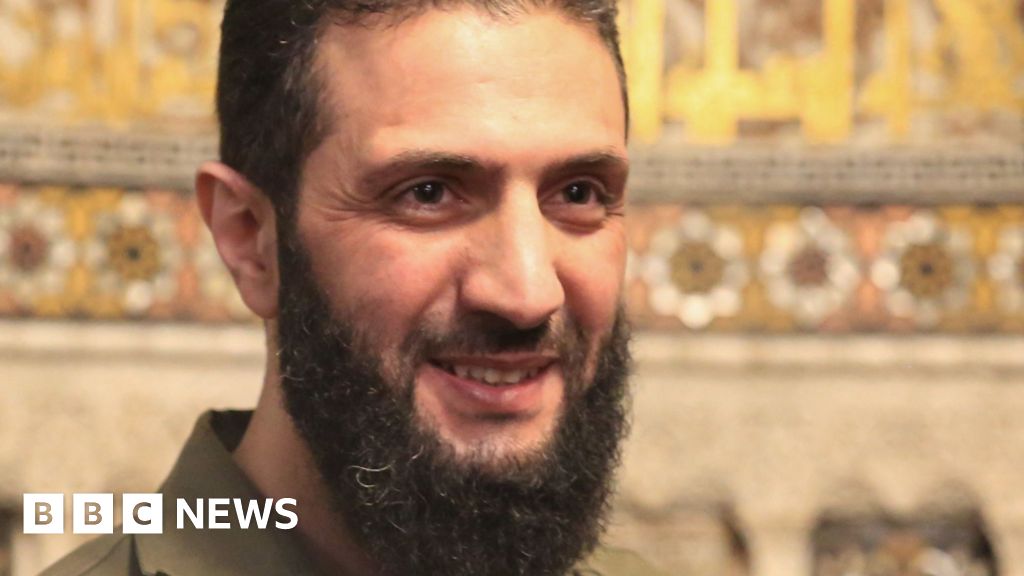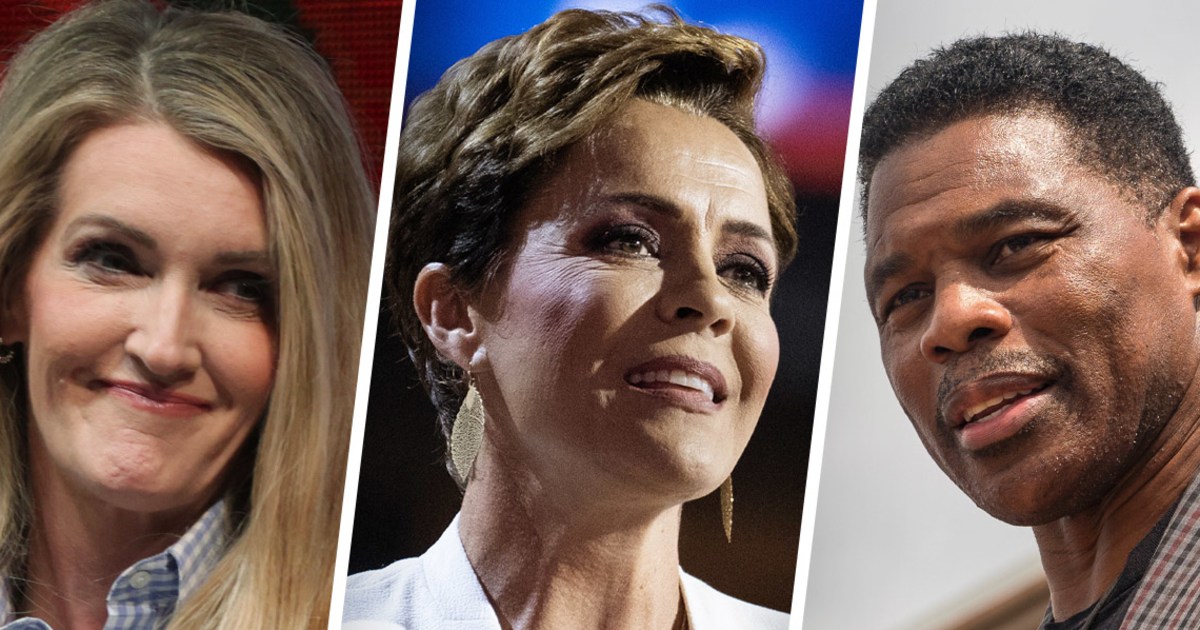Sports
Sens Seek Answers To Curb Match Fixing At D.C. Sports Betting Hearing

Senate Judiciary Committee Chair Richard Durbin chats with Sen. Thom Tillis before a federal hearing … [+]
In preparation for Tuesday’s federal hearing on sports betting, U.S. Senator Marsha Blackburn came across an alarming trend on the prevalence of illegal sports wagering among transnational criminal organizations.
With low overhead and fewer risks than other serious offenses, sports betting has become the crime of choice for a plethora of syndicates. As a result, illegal foreign betting markets have emerged as the perfect venues for the schemes, with studies showing that up to 10% of organized crime revenue is comprised from wagers on sports, Blackburn noted at the hearing.
As the U.S. sports betting market grapples with three major scandals over the last 12 months, Blackburn is pressuring the Justice Department to use every tool at its disposal to protect the integrity of sports from bad actors embedded in organized crime.
“We know the U.S. will become the epicenter for sports with the World Cup in ’26 and the Olympics in ’28,” she proclaimed, before inquiring on the guardrails that can be established to combat match fixing in the domestic market.
A determined push by the federal government to crack down on match fixing could be an opening salvo in the fight to subdue the powerful presence of the illegal offshore market.
A Trifecta Of Scandals
Blackburn, a republican from Tennessee, made the comments at a hearing entitled “America’s High-Stakes Bet on Legalized Sports Gambling,” the first Congressional hearing on the topic in six years. The hearing took place approximately one month after reports surfaced that federal authorities are investigating whether former Temple guard Hysier Miller placed wagers on his team last season.
While Miller is the only player named publicly in the probe, there are indications that at least five Division I college basketball programs are under investigation. In written testimony provided to the Senate Judiciary Committee, the NCAA reiterated that monitoring integrity concerns over match-fixing, point-shaving, insider information and other schemes represents a major focus. The NCAA began monitoring approximately 13,000 matches in 2018, a figure that has recently been expanded to 22,000 annually.
Following his appearance inside the Senate Dirksen Building, Baker gushed that the NCAA runs the largest integrity program in the world, with the ability to “act on any unusual traffic,” as soon as it is detected. When asked if the investigation has ensnared anyone beyond Temple, Baker declined to comment on the case. He also declined to elaborate whether Miller has been cleared of point shaving.
The matter is not the only one that has been referred to federal law enforcement. Over the summer, California bookmaker Matt Bowyer pleaded guilty to several charges, including running an illegal gambling operation and transactional money laundering. Bowyer’s sports betting ring allegedly accepted more than $325 million in wagers from Ippei Mizuhara, according to a federal complaint.
Mizuhara, the former interpreter for Shohei Ohtani, is accused of embezzling more than $16 million from the MLB star to repay his gambling debts. As of April, Mizuhara had net losses of $40.2 million with the ring, the complaint states.
At the height of operations, the Bowyer Gambling business contained at least 700 sports wagering clients, according to federal law enforcement officials, with many of the wagers transmitted offshore through a Costa Rican call center. Separately, Bowyer lost at least $7.9 million at Resorts World Las Vegas, a multi-billion dollar casino under investigation for purported anti-money laundering deficiencies.
A well-known whale bettor, Bowyer is now blacklisted at virtually every casino worldwide. Shortly after the 2008 Financial Crisis, Bowyer befriended Owen Hanson, an international drug kingpin and former USC football walk-on, ESPN reported this spring. Hanson referred to Bowyer as a “bookie friend,” in The California Kid, an autobiography released on Black Friday.
The former Trojans tight end received a 21-year prison sentence in 2017 for running a sprawling illegal sports betting, drug trafficking, and money laundering enterprise through his association with a Mexican cartel. Hanson was released to a California halfway home this winter.
Earlier this month, Blackburn and Nevada Sen. Catherine Cortez Masto sent a letter to the Department of Justice, seeking confirmation if there are any U.S. match fixing cases with links to organized crime. Citing a study from the United Nations Office on Drugs and Crime, experts estimated in 2014 that that $140 billion is laundered annually through illegal and unregulated sport betting, an amount that has undoubtedly grown, the senators wrote.
Blackburn pressed former New Jersey Division of Gaming Enforcement Director David Rebuck on if states are partnering with the leagues and other stakeholders to combat match fixing. Rebuck responded that he is confident that they are on the right path due in part to a massive investment in detecting nefarious activity.
“In this industry, you should never be confident with the status quo – you should always look to new ways and technologies that allow for information to be shared and for risk assessments to be implemented,” Rebuck said.
Former Raptors center Jontay Porter initially faced a sentencing hearing this month on federal wire charges. Porter admitted to leaving an NBA game early, then conspiring with a syndicate manipulate the outcome of a Same Game Parlay (SGP). The small East coast ring won approximately $1.1 million on an $80,000 SGP on Porter, an amount that was reportedly frozen by a top commercial sportsbook. Porter and the other co-conspirators are now scheduled to be sentenced in April.
Other Takeaways From The Hearing
—Senate Judiciary Committee Chairman Richard Durbin opened his prepared remarks with an anecdote from last year’s NCAA tournament. North Carolina center Armando Bacot scored 18 points and pulled down seven rebounds in the Tar Heels’ 85-69 win over Michigan State. But Bacot did not grab enough to make to “make certain gamblers’ bets pay off,” Durbin mused. Shortly after the game, Bacot received about 100 messages from distraught bettors, irked that he missed the over.
—Baker urged the committee to enact a federal ban on player props involving college athletes. The hearing convened several months after Sen. Richard Blumenthal (D – Connecticut) and Rep. Paul Tonko (D – New York) introduced the SAFE Bet Act, a bill that seeks to establish federal minimal standards on advertising, affordability, and the use of A.I. in tracking bettors.
—Effective treatment for sports bettors with a gambling addiction represented one of the main themes of the hearing. In written testimony, the National Council on Problem Gambling provided research that showed for every dollar states have generated from commercial gambling, .0009 cents were invested in problem gambling services. One option is to re-direct funds from the federal excise tax on sports betting to address a growing public health concern. “By dedicating a portion of the excise tax to addressing gambling addiction, we can save lives, and all without imposing a new tax,” said Brianne Doura-Schawohl, founder of Doura-Schawohl Consulting, LLC, a boutique government relations firm. “This solution is the most responsible and fair thing to do.” Doura-Schawohl is one of the nation’s foremost consultants on the subject.
—North Carolina senator Thom Tillis is open to designate an independent commission to study areas for potential federal oversight of sports betting. The committee may be tasked with creating certain guardrails for states that would require them to conform to “certain rules of the road,” Tillis said. Baker later praised Tillis for his stance, telling reporters that the senator delivered a “home run.”
-Rebuck, however, disagreed with the premise for federal oversight. Rebuck indicated that states have a wide range of options available when it comes to crafting marketplaces to allow legal, regulated sportsbooks to compete against offshore sites. Ultimately, the states are interested in making sure that consumers are protected, he added. “There is no reason to believe the federal government is more suited to balance the tradeoffs involved in hundreds of regulatory decisions better than individual states,” he told the committee.
Lame Duck Session
The hearing took place at a curious time, eight days before Christmas during a lame duck session. Adam Silver, the NBA Commissioner who penned a 2014 editorial advocating for legal sports betting, did not testify on Tuesday. In fact, none of the leading commissioners from North America’s top sports leagues spoke before the committee.
Some argued that the hearing lacked balance, as the witness list did not include a single participant from the sports betting industry.
“This unfortunate exclusion leaves the Committee and the overall proceeding bereft of testimony on how legal gaming protects consumers from the predatory illegal market and its leadership in promoting responsible gaming and safeguarding integrity,” said Joe Maloney, vice president of strategic communications at the American Gaming Association. “We remain committed to robust state regulatory frameworks that protect consumers, promote responsibility, and preserve integrity of athletic competition.”
Durbin, the Majority Whip since 2021, chaired his final SJC hearing before next month’s leadership change. Durbin is unsure if efforts to establish a federal framework will advance next year. But he told reporters that there’s a “feeling on both sides of the table that we need to address,” major issues in sports betting. Neither Lindsay Graham, the ranking member of the Senate Judiciary Committee Republicans, nor Chuck Grassley attended Tuesday’s hearing.
The Senate Judiciary Committee’s initial focus will be to hold hearings on President-elect Trump’s nominees, as well as to tackle measures relating to immigration and child safety online, a spokesperson for Grassley told me. Additional hearing topics will become available as the 119th Congress continues.
Grassley, 91, is set to assume the mantle from Durbin.
“I don’t think you will get this solved before you pass the gavel,” Tillis told Durbin at the hearing. “I’m willing to bet on that.”










